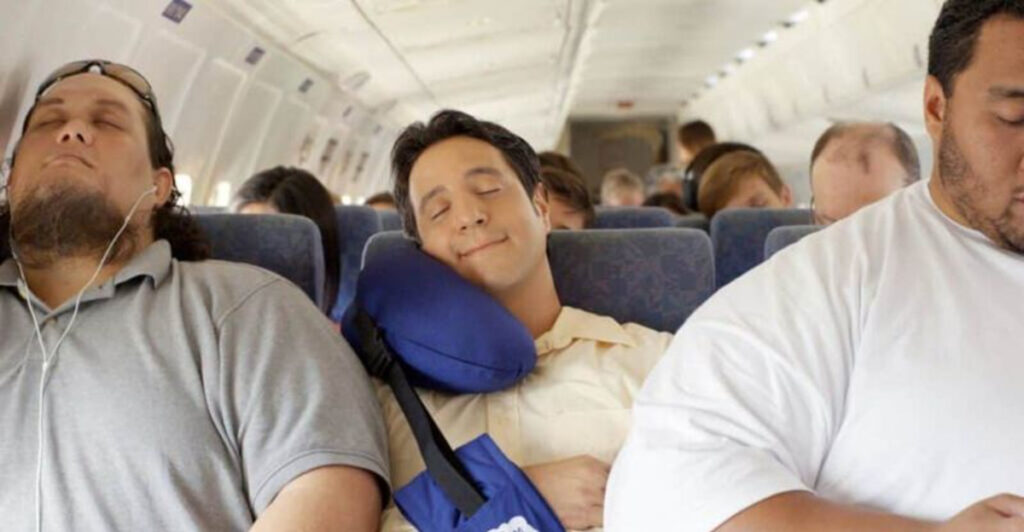Travel brings out some weird tricks our minds play on us. Ever notice how the flight home always seems quicker than getting there? Or why airplane food tastes so bland? Our brains and bodies react to flying in fascinating ways that most passengers never think about.
1. Return Flights Always Feel Shorter
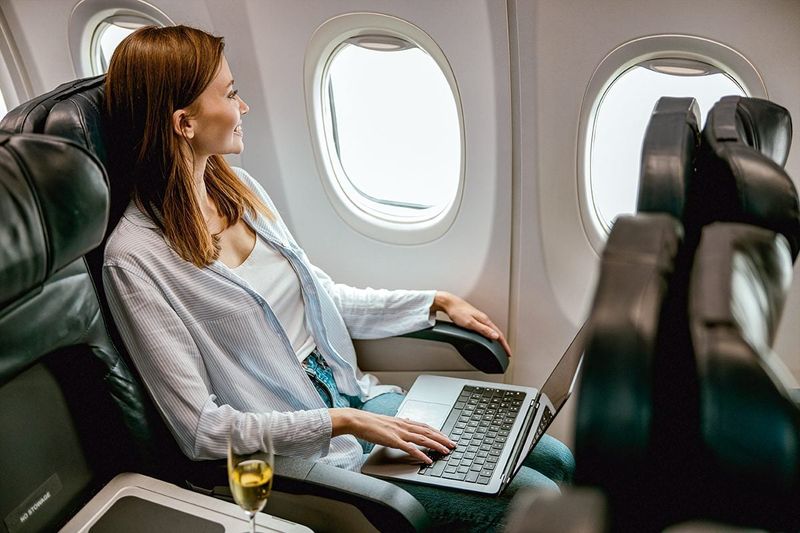
Scientists have a name for this strange experience: the “return trip effect.” Your brain already knows what to expect on the way back, so it processes familiar sights and sounds much faster than new ones.
When you first traveled to your destination, everything was fresh and exciting. Your mind stayed alert, taking in every detail, which made time crawl by slowly.
Coming home feels different because familiarity breeds speed in your brain’s perception. Even though both flights take exactly the same amount of time, the return journey zips by because there are no surprises left to discover.
2. Jet Lag Hits Harder Flying East
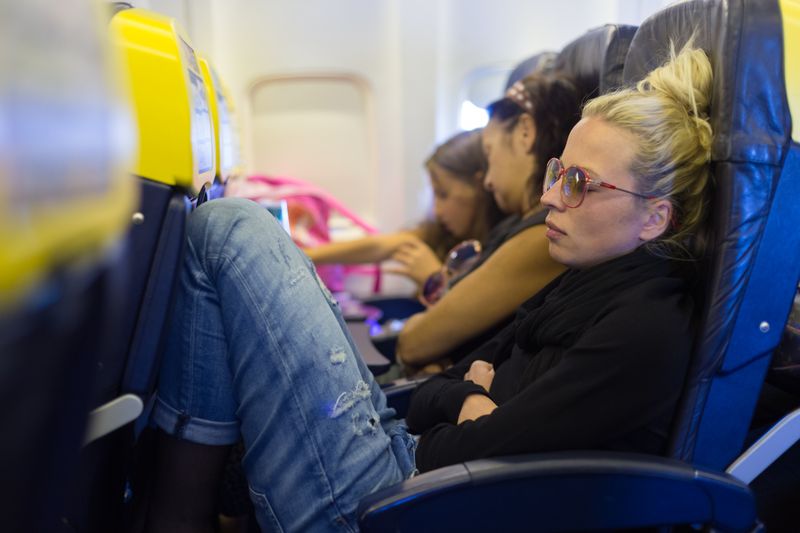
Flying eastward messes with your body clock way more than heading west. When you travel east, you’re essentially shortening your day, which fights against your natural rhythm.
Your internal clock prefers longer days over shorter ones. Going west gives you extra hours to adjust gradually, like staying up a little later than usual.
But eastward travel forces you to sleep earlier and wake up sooner than your body wants. That’s why a flight from New York to London leaves you feeling more scrambled than the return trip back to America.
3. Airplane Food Tastes Bland for a Reason

Up in the clouds, your taste buds basically go numb. The dry air and low cabin pressure reduce your ability to taste sweet and salty flavors by about 30 percent.
Airlines know this happens, so they pump extra salt and spices into their meals. What tastes normal at 30,000 feet would probably seem overseasoned on the ground.
Your sense of smell also gets weaker during flight, which makes everything taste even more boring. That’s why tomato juice becomes surprisingly popular on planes – its strong, tangy flavor can still break through your dulled senses.
4. Middle Seats Ruin Your Sleep
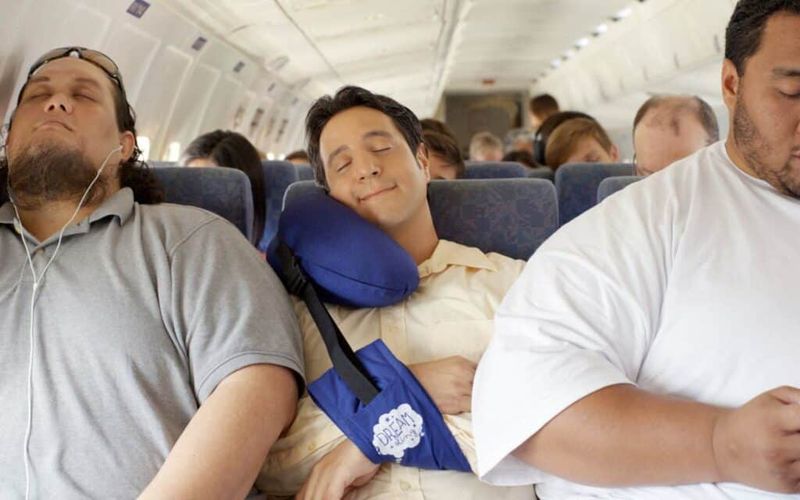
Research proves what every traveler already suspects: middle seats are sleep killers. Window and aisle passengers get much better rest than people squished in between them.
Middle seat passengers have zero control over their environment. They can’t lean against a wall like window passengers or stretch into the aisle like their neighbors can.
Plus, you’re twice as likely to get bumped, nudged, or woken up when people need to use the bathroom. Your sleep gets interrupted more often, leaving you groggier when you land than passengers in other seats.
5. Planes Feel Colder Than They Actually Are
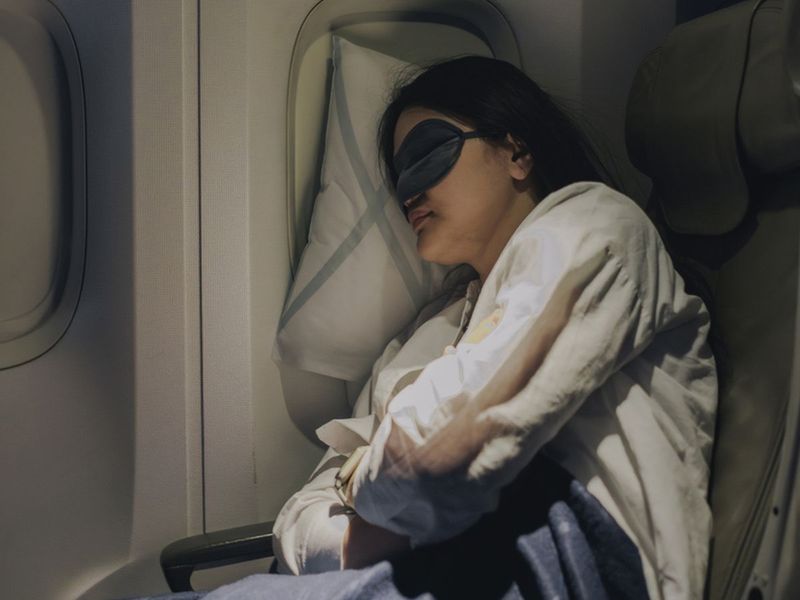
Cabin temperature usually stays between 70 and 75 degrees, which should feel comfortable. But the super-dry air tricks your body into feeling much colder than the actual temperature.
Low humidity makes your skin lose moisture faster, creating a chilling effect similar to how wet skin feels cold in a breeze. Your body works harder to stay warm in this desert-like environment.
At high altitude, your body also naturally loses heat more quickly than on the ground. Smart travelers always pack an extra layer, even for tropical destinations, because the journey itself will leave them shivering.
6. Time Feels Weird Without Natural Cues
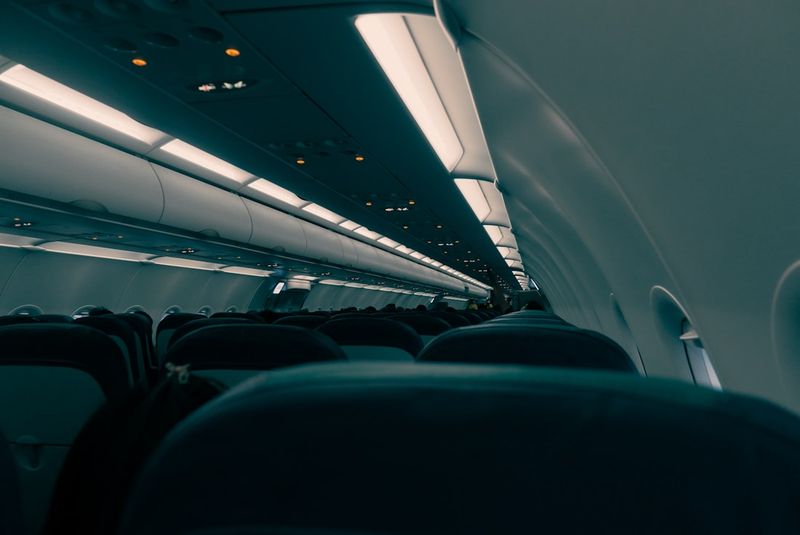
Flights create a strange time warp because your brain loses its normal time-tracking signals. Without natural sunlight, regular meal schedules, or familiar surroundings, hours can feel like minutes or minutes like hours.
Your internal clock depends on routine environmental cues to function properly. Planes eliminate most of these cues, leaving your brain confused about how much time has actually passed.
Some passengers swear their flight felt like forever, while others are shocked when the captain announces landing. Both experiences are completely normal reactions to this sensory deprivation that happens during air travel.
7. Your Skin Becomes Desert-Dry
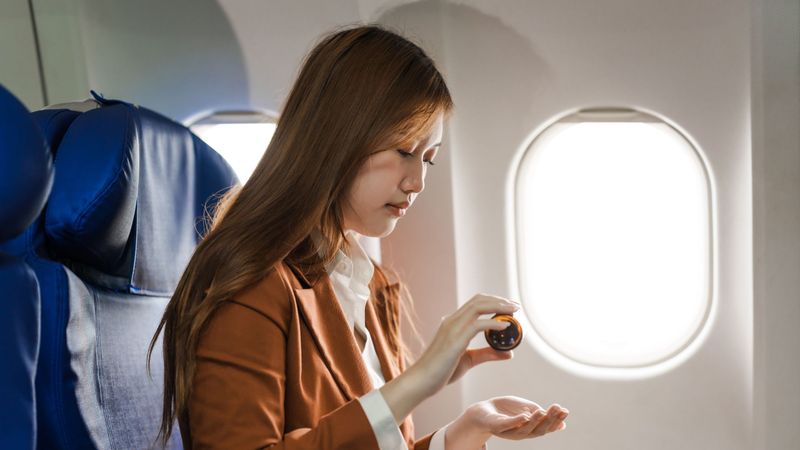
Airplane humidity can drop as low as 10 percent, making the cabin drier than most actual deserts. Your skin and lips start cracking faster than you’d expect on a long flight.
Ground-level humidity usually stays around 30-60 percent, giving your skin the moisture it needs to stay comfortable. But planes can’t maintain normal humidity levels without creating other problems.
Flight attendants often look amazing because they’ve learned to combat this extreme dryness with heavy moisturizers and lip balm. Smart passengers copy their routine and drink tons of water to fight the dehydrating effects of air travel.
8. Takeoff and Landing Drag On Forever
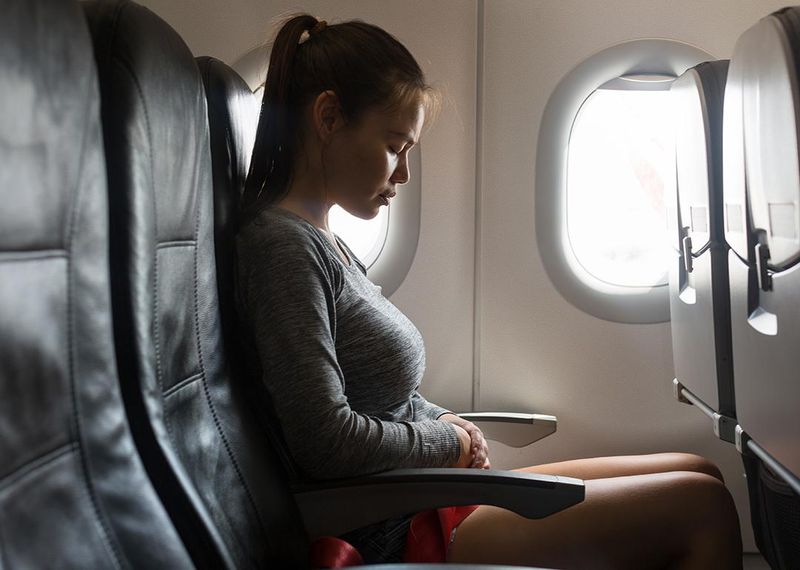
Your brain pays extra attention during exciting or stressful moments, which makes takeoff and landing feel much longer than the smooth cruising portion of your flight.
During these “transition moments,” your mind stays completely alert and focused. Excitement, nervousness, or anticipation keeps you hyper-aware of every second ticking by slowly.
Once you reach cruising altitude, many passengers relax, sleep, or zone out completely. This mental downtime makes hours pass quickly, while those intense few minutes of takeoff and landing feel like they last forever in comparison.
9. Airport Walking Speed Increases Dramatically
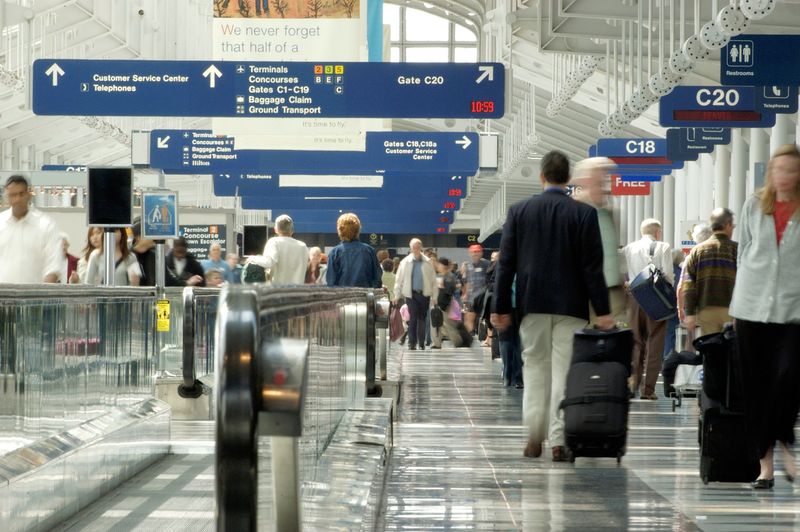
Studies show travelers walk 10-20 percent faster in airports than anywhere else, including busy city streets and crowded shopping malls. Something about airports makes everyone rush around frantically.
Time pressure creates this speed boost – you’re constantly worried about missing flights, making connections, or getting through security lines. Even when you have plenty of time, the airport atmosphere makes you hurry.
Crowd psychology also plays a role. When you see other people rushing around with luggage, your brain automatically assumes you should be moving faster too. Airports turn normal walkers into speed demons without them even realizing it.
10. Return Trip Souvenirs Feel More Special
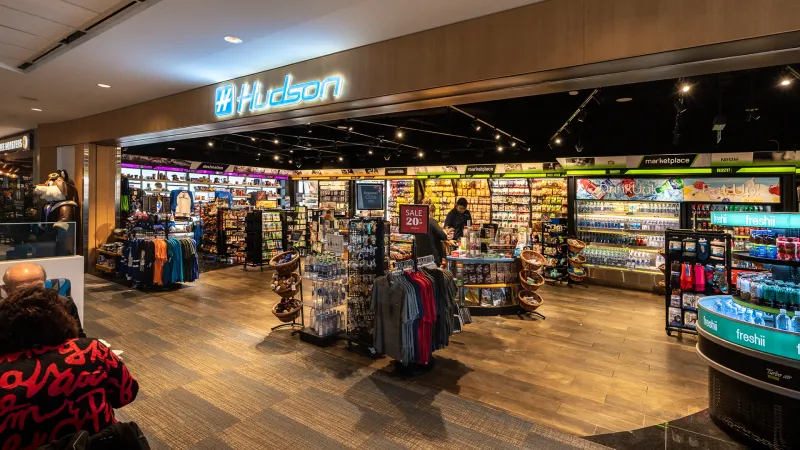
Airport gift shops make a fortune from return travelers because our brains attach extra meaning to last-minute purchases. These items become physical proof that your trip really happened.
Psychologists call this the “completion effect” – when finishing something important, we want tangible reminders of the experience. That overpriced keychain suddenly feels like a precious memory keeper.
On your outbound flight, you barely notice airport shops because you’re focused on reaching your destination. But heading home, those same stores become treasure troves of meaningful mementos that help you hold onto your travel experiences forever.

